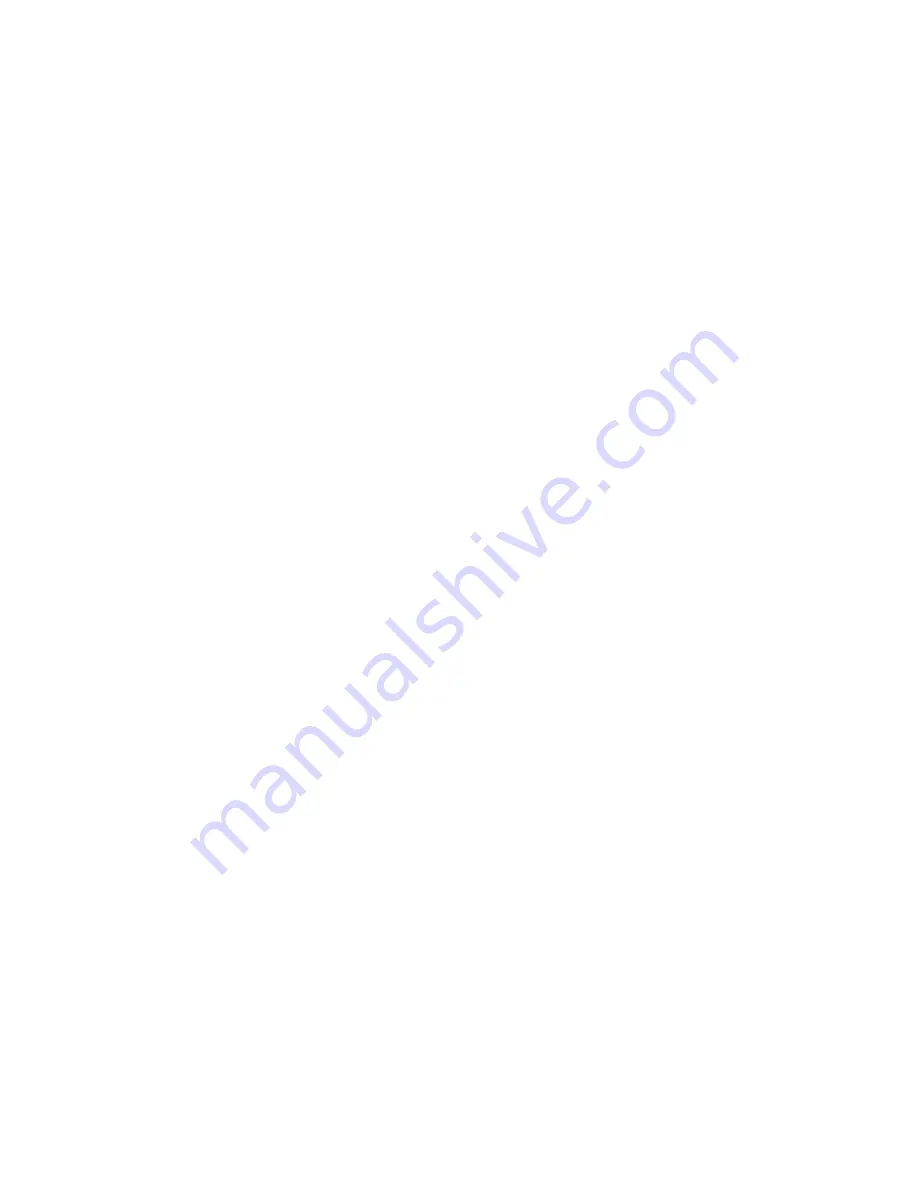
Instruction Sheet for Headset Adapter Cable NKN6498
2
connection to the radio universal connector. The headset is fitted to the hel-
met (see instruction sheet with the applicable headset for details) and its cord
is secured to the user with a cable clothing clip provided. The radio, with
adapter PTT switch, is typically worn on the belt (see Figure 2).
When the adapter cable and accessory adapter are connected to each other
and then to the radio (see Figure 1), the radio speaker becomes disabled.
Receive messages are routed to the headset only. The headset microphone
becomes active for transmitting a reply message when the accessory adapter
PTT is pressed.
Note:
Do not transmit using the radio PTT, as this will enable the radio
front cover microphone rather than the headset microphone.
Installation And Use
Refer to the applicable radio operating instructions.
To use the radio with the headset, follow this procedure:
1.
Connect the NKN6498 adapter cable to the BDN6676 accessory
adapter by screwing them together until hand tight.
2.
Attach the BDN6676 accessory adapter to the radio external acces-
sory connector.
3.
Connect the headset Plug to the socket end of the cable adapter.
4.
Turn the radio on. Receive messages will be heard in the headset ear-
piece. Reply to a received message by pressing the PTT switch on the
accessory adapter and talk into the headset microphone.
Note:
Disconnecting the headset from the adapter cable will not make mes-
sages return to the radio speaker. To restore messages to the radio
speaker, remove the accessory adapter from the radio or unscrew the
adapter cable.
Maintenance
Note:
The headset adapter cable is serviceable by unscrewing the housing
from the bayonet-type socket. To gain access to the adapter cable
internal parts, use the procedure outlined in the disassembly/reas-
sembly paragraphs that follow.
Disassembly/Reassembly
Refer to figure 3 and become familiar with the parts before performing any
disassembly/reassembly.
Note:
Care must be taken during disassembly/reassembly to avoid deform-
ing the bayonet-type connector (item no. 8) or damaging the hous-
ing surface (item no.3).






















